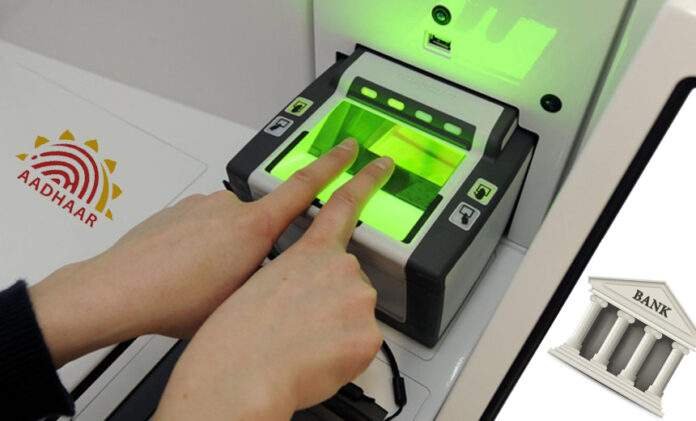In an era where digital transformation is at its peak, security remains a paramount concern. The rise of biometric authentication is not just a trend; it’s a revolution that is reshaping the security landscape in India. This technology, which leverages unique biological traits to verify identities, is rapidly becoming the cornerstone of secure and convenient authentication systems.
What is Biometric Authentication?
Biometric authentication refers to the process of using biological data to identify individuals. Unlike traditional methods such as passwords or PINs, which can be forgotten or stolen, biometric authentication relies on unique physical characteristics. These include fingerprints, facial recognition, iris scans, and even voice recognition. The focus keyword here is “biometric authentication,” reflecting its growing prominence and search interest.
The Technological Shift in India
India, with its vast and diverse population, presents unique challenges and opportunities for implementing biometric systems. The adoption of biometric authentication in India has been significantly driven by government initiatives like Aadhaar, the world’s largest biometric identification system. Launched in 2009, Aadhaar has enrolled over a billion Indians, providing them with a unique identity linked to their biometric and demographic data.
The success of Aadhaar has paved the way for widespread acceptance of biometric authentication in various sectors. Financial institutions, healthcare, and even the telecommunications industry are integrating biometrics into their systems to enhance security and streamline operations.
Advantages of Biometric Authentication
Enhanced Security
Biometric authentication offers a higher level of security compared to traditional methods. Biometric traits are unique to each individual, making it extremely difficult for unauthorized users to gain access. This reduces the risk of fraud and identity theft, which are prevalent issues in India.
Convenience and Efficiency
For users, biometric authentication simplifies the process of accessing services. There is no need to remember complex passwords or carry physical tokens. A quick scan of a fingerprint or face can grant immediate access, making the user experience seamless and efficient.
Cost-Effective in the Long Run
While the initial setup cost for biometric systems can be high, the long-term benefits outweigh the investment. Reduced fraud, lower maintenance costs, and improved user satisfaction contribute to overall cost savings for businesses and government entities.
Challenges and Considerations
Despite its advantages, the implementation of biometric authentication is not without challenges. Privacy concerns are at the forefront, with individuals wary about how their biometric data is stored and used. Ensuring robust data protection measures and transparent policies is crucial to gain public trust.
Moreover, technological limitations such as the need for high-quality sensors and the potential for spoofing attacks (where false biometric data is used) must be addressed. Continuous advancements in technology are essential to overcome these hurdles and improve the reliability of biometric systems.
Real-World Applications in India
Banking and Financial Services
The Indian banking sector has been a frontrunner in adopting biometric authentication. With the Reserve Bank of India (RBI) encouraging the use of Aadhaar-based authentication, banks are using biometrics to simplify customer onboarding, secure transactions, and facilitate access to digital banking services.
Healthcare
Biometric authentication is revolutionizing the healthcare sector by ensuring secure and efficient patient identification. It helps in maintaining accurate patient records, reducing medical fraud, and providing seamless access to healthcare services. The use of biometrics in health insurance verification is also gaining traction.
Telecommunications
Telecommunication companies in India are utilizing biometric authentication for SIM card registration, ensuring that each subscriber is uniquely identified and reducing the risk of fraudulent activities.
The Future of Biometric Authentication in India
The future of biometric authentication in India looks promising. With ongoing technological advancements and increasing public acceptance, biometrics are set to become an integral part of the country’s digital infrastructure. The focus will likely shift towards more sophisticated and multi-modal biometric systems that combine various biometric traits for enhanced security.
Furthermore, the rise of mobile biometrics, where smartphones are equipped with advanced biometric sensors, will drive widespread adoption. This will facilitate secure mobile transactions, access to services, and even remote authentication.
Conclusion
The rise of biometric authentication marks a significant milestone in India’s journey towards a secure digital future. By leveraging unique biological traits, this technology offers unparalleled security, convenience, and efficiency. While challenges remain, continuous innovation and robust data protection measures will ensure that biometric authentication becomes a trusted and integral part of India’s digital ecosystem.
Also read: NEATEHUB AND STATE BANK OF INDIA FORGE PARTNERSHIP TO PROPEL AGRI-BUSINESS ECOSYSTEM












